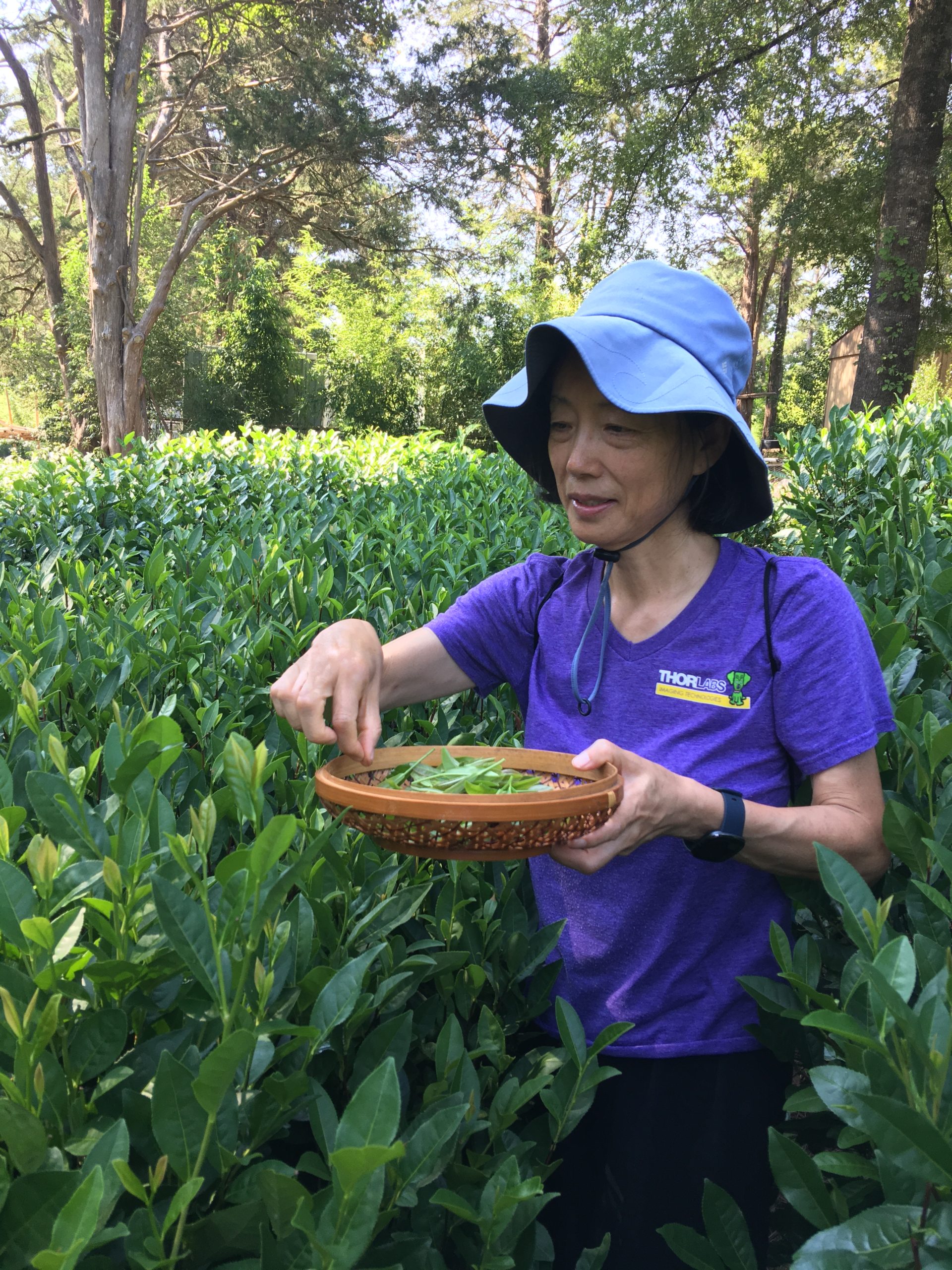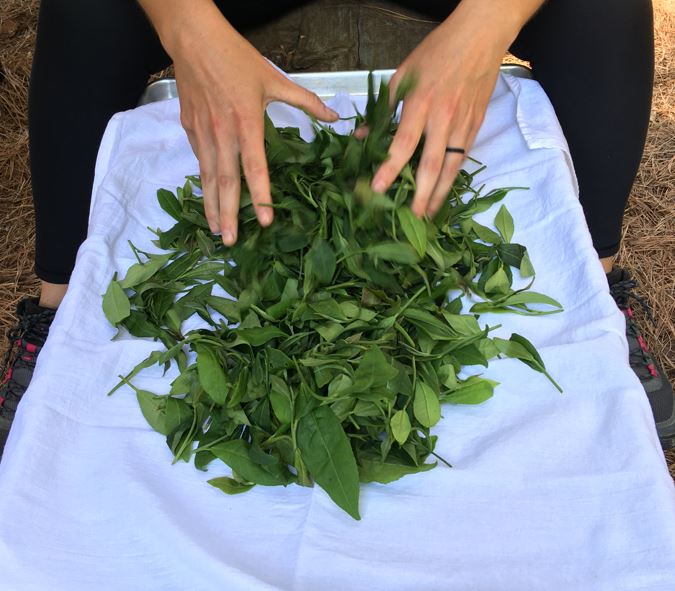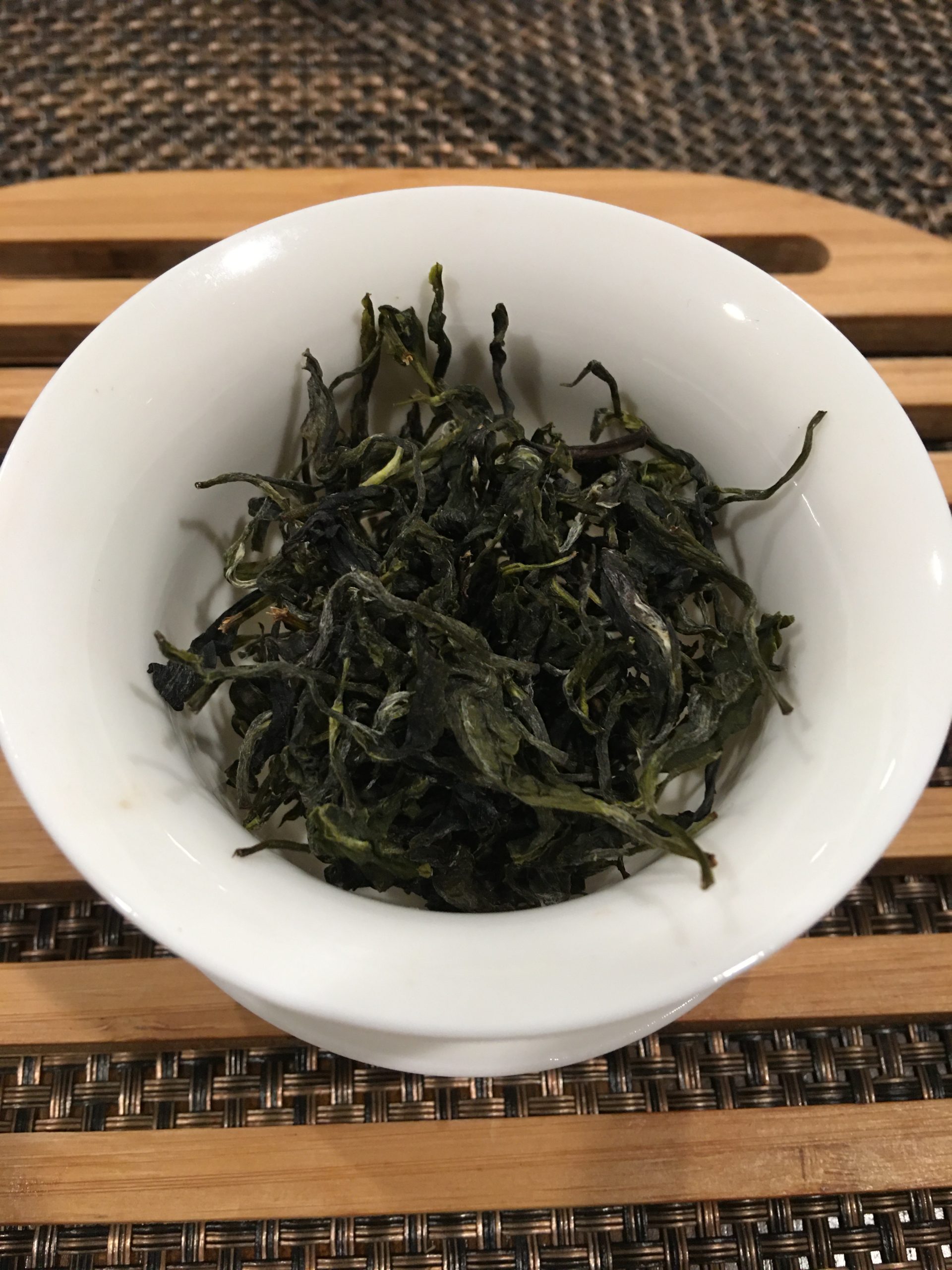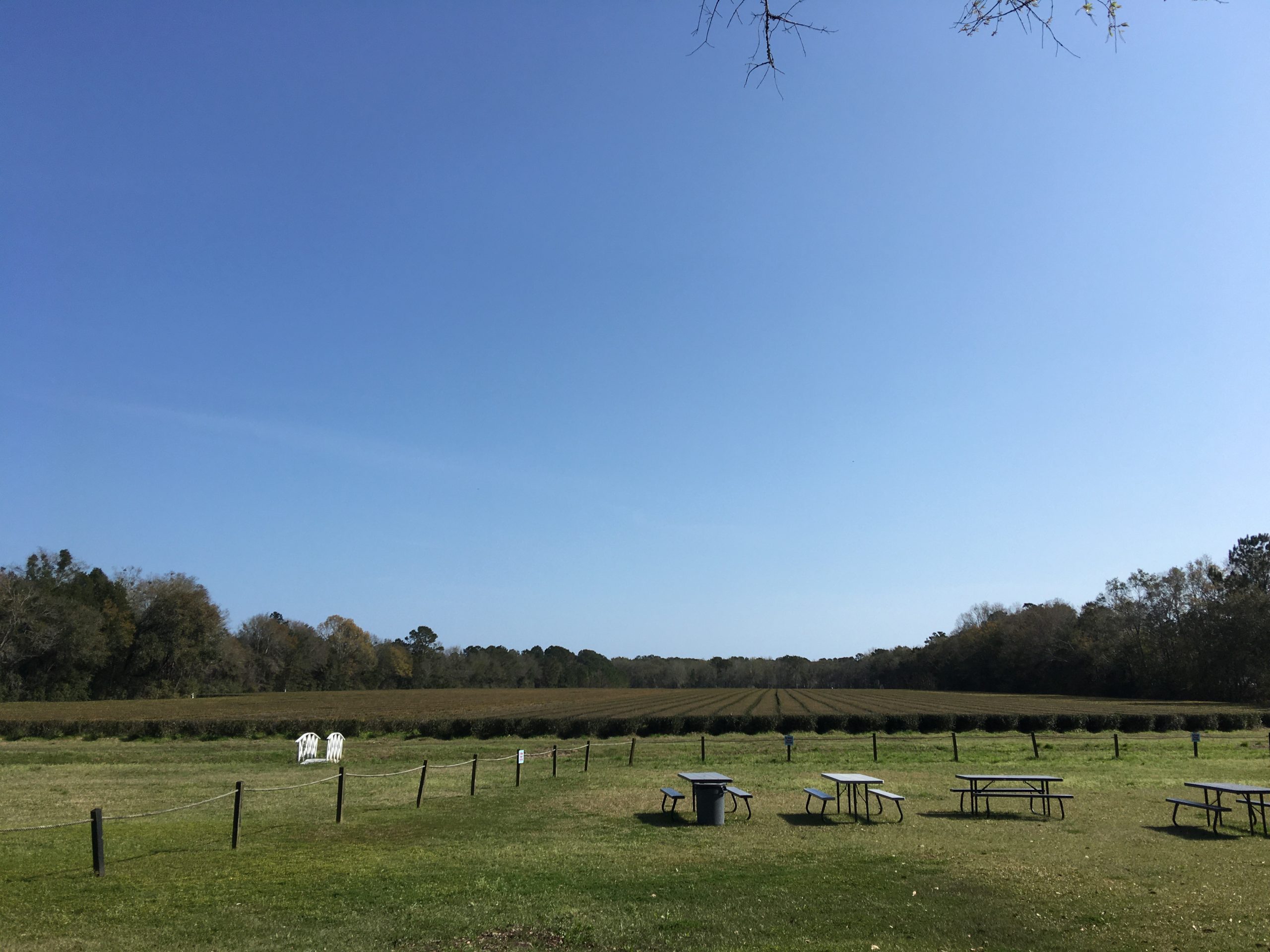March 28, 2023
Recently I interviewed Professor Yi Zhou about her research, all of which involves one of the world’s most popular beverages: tea! Read on to find out more about Professor Zhou’s research, and to have your thirst for knowledge thoroughly quenched… make yourself a nice cuppa first for maximum enjoyment.

First off, I know you’re researching tea, but that’s where my knowledge ends. Can you tell me more about your research?
My main objective in researching tea is to develop a tea language course for the Chinese language curriculum, resulting in a more engaged and curious Carolina community as we navigate the unknowns around us.

I’m very curious to know: why tea?
The idea for developing a new Chinese language course on the topic of tea came to me a few years ago when I invited a Chinese tea scholar to perform a tea ceremony on campus in a large classroom crowded with enthusiastic students, their friends and faculty. Ever since I have hosted tea education seminars in my language classes or on campus with my colleagues for Carolina students and the community. Each seminar was always appreciated by audiences and followed with numerous questions to which I did not have the answers. This sparked my desire to learn more about tea. I began to research the tea market and tea education in the United States. Surprisingly, I discovered that more than half of Americans consume tea on a daily basis. Even more shocking is that the majority of tea drinkers are millennials, according to the Tea Association of the US. But I was disappointed to discover very few resources on tea education, such as the history of tea, different types of tea, cultural aspects, and health benefits. Another factor to consider is that college students face increased financial and schoolwork stress during and after the pandemic. I’m hoping that the new tea course will give the students a boost of energy and passion, which will be attributed not only from the physical benefits of tea leaves, but also to the lively discussions around the topic (processing, leaf types, cultural comparisons, etc.). Compared to traditional language courses, these culturally related learning experiences would help our students feel more connected to one another as they could bring their own tea experiences into the classroom.

I heard that you recently took a trip to Charleston for your research! What was that like? Has your research on tea taken you other places as well?
I went to the Charleston Tea Plantation in South Carolina, which is the largest tea farm in the US. During a trolley ride around the 127-acre farm and a factory tour, I was excited to learn that its tea plant (the Camellia Sinensis plant) originated in China, the farm’s growth, the different types of tea plants and its future expansion plans. I also participated in hands-on workshops hosted by Camelia Forest Nursery staff in Chapel Hill where I traced the origins of various tea leaves. Being personally involved in the entire process, from picking a sprouting leaf tip to drying out and brewing it, taught me how much care goes into tea culture. Collaboration with local tea farmers and enthusiasts will be a project component of my newly proposed tea course, in which students will work in diverse teams to collect clues and information that are not readily available, plan backwards to a critical timeline, and finally tell stories to the local community. Aside from technical language skills, I believe the soft skills gained in this course can help Carolina students reach new heights even after graduation. Thanks to Mr. Max C. Chapman’s generous funding and support for the 2022 Chapman Family Teaching Awards, I intend to visit tea farms in China and Taiwan in 2024.

You hinted that I would be surprised at which country in the world drinks the most tea. Which one is it?
Turkey ranks top one for tea drinkers annually per capita, though China is the largest consumer of tea.
—
Has this article left you feel parched for more tea? Me too! Luckily, Professor Zhou is planning to offer her new course, CHIN 445: Chinese Tea Culture and Its Changing Landscape, in spring of 2025! This course will be taught in Chinese, so take the opportunity now to start learning Chinese with us (and with Professor Zhou) here in DAMES!
